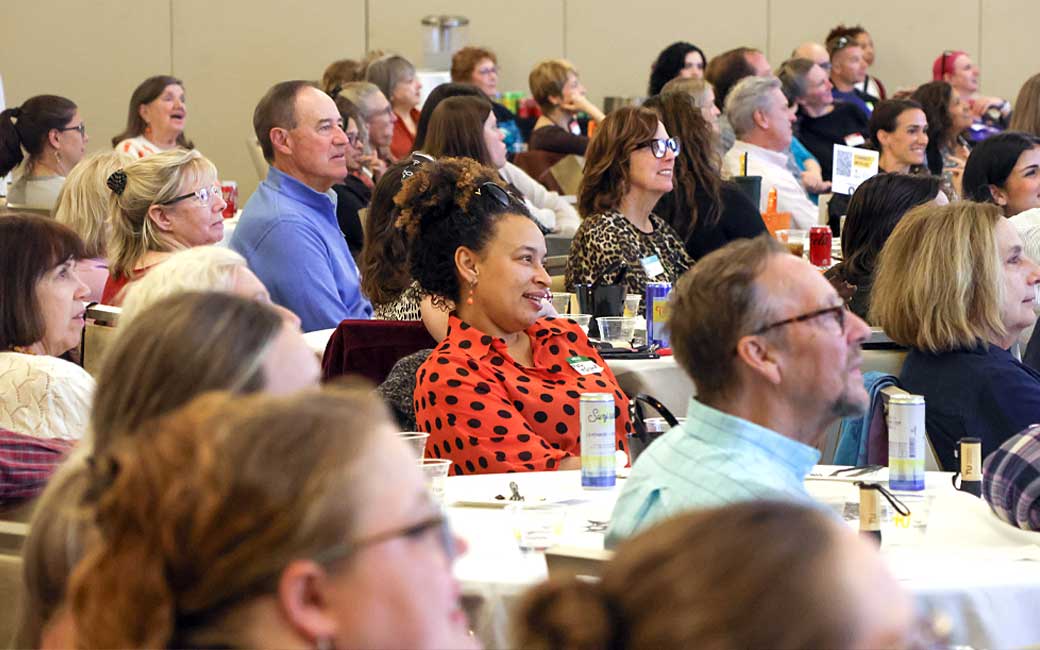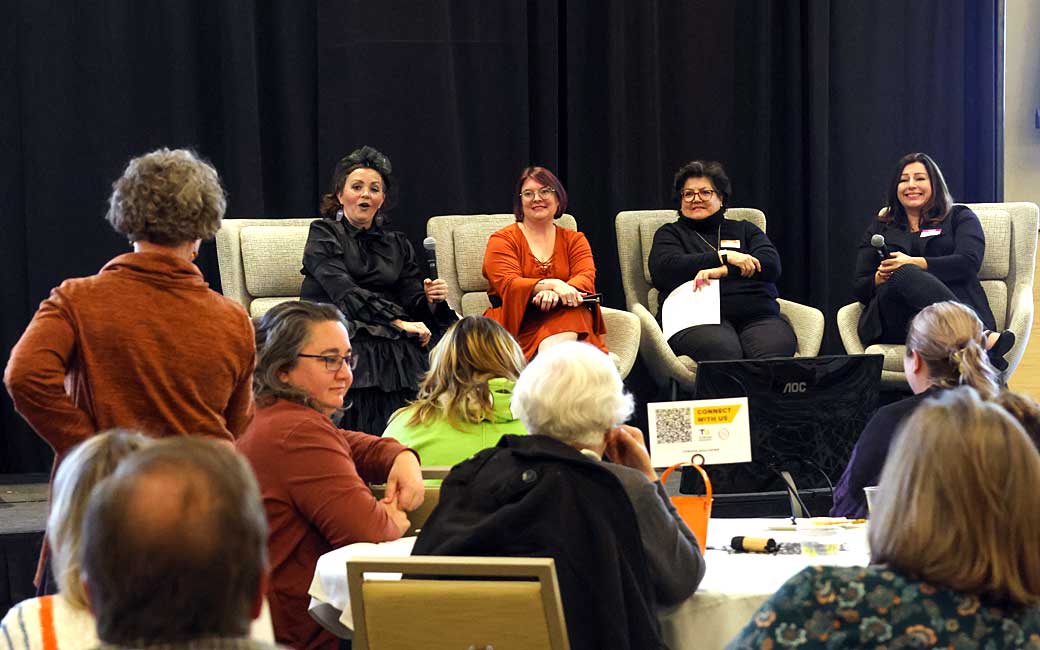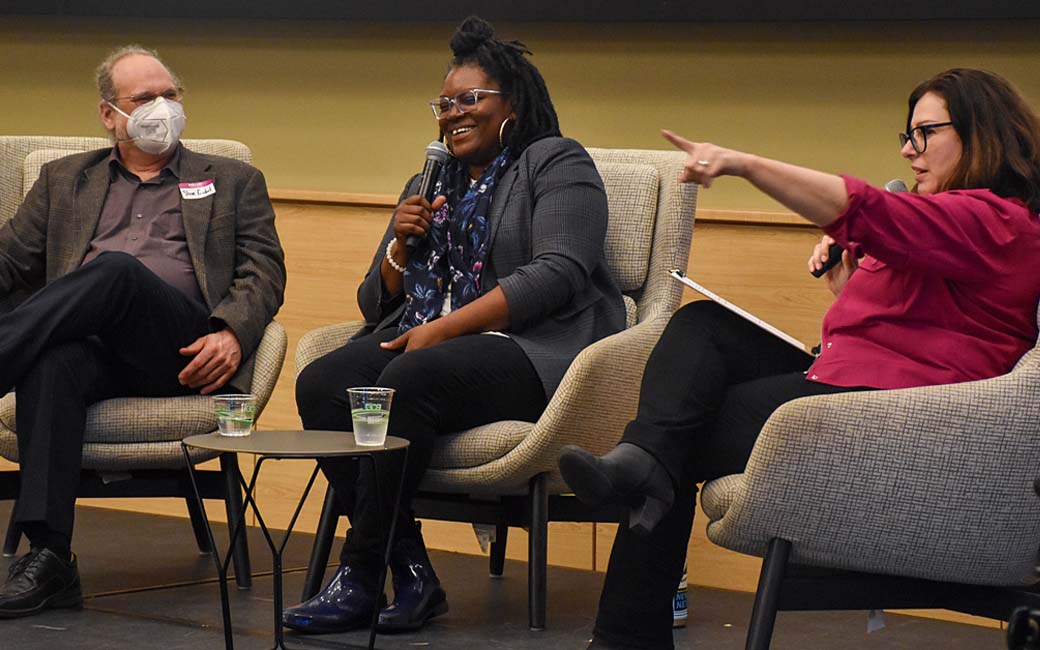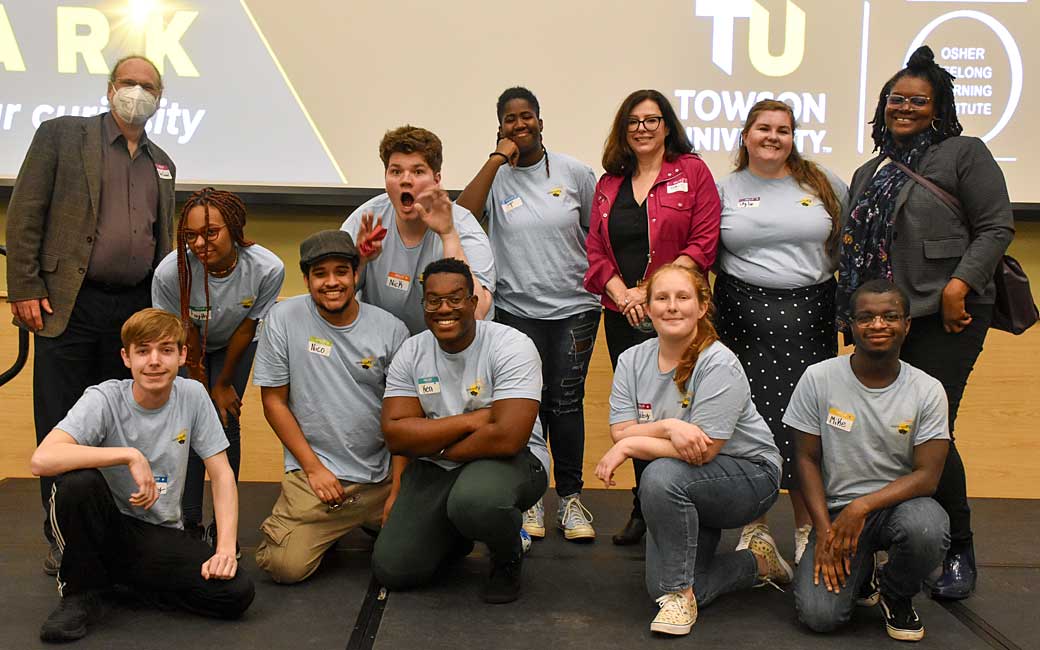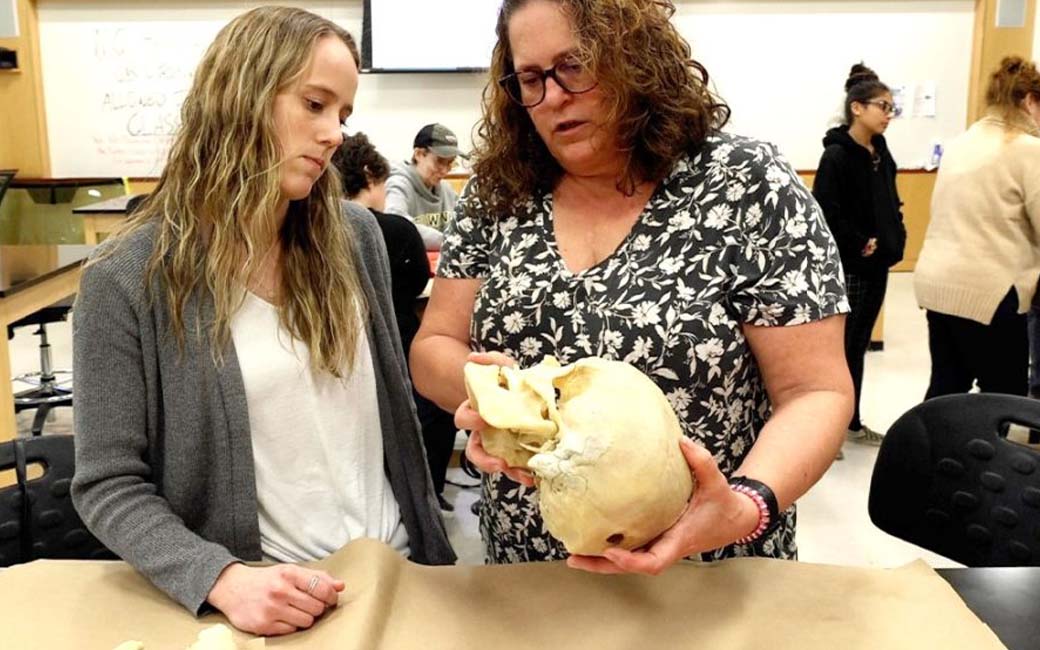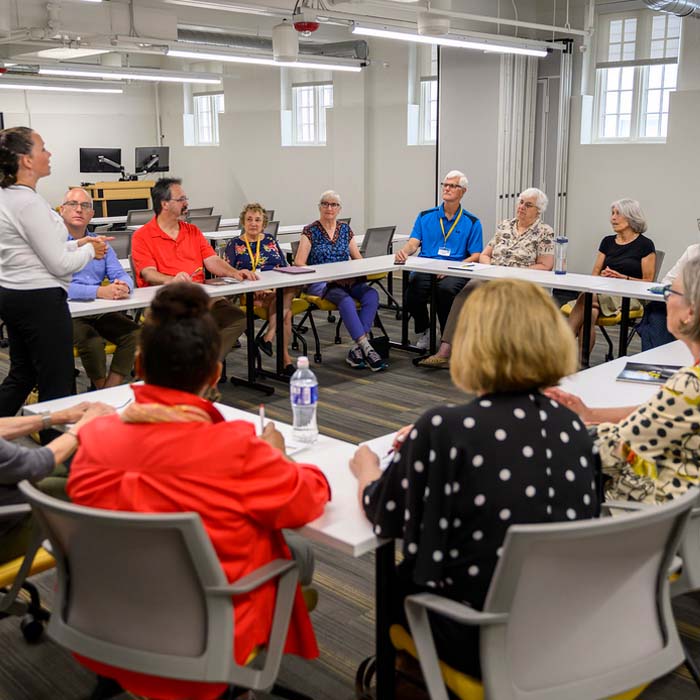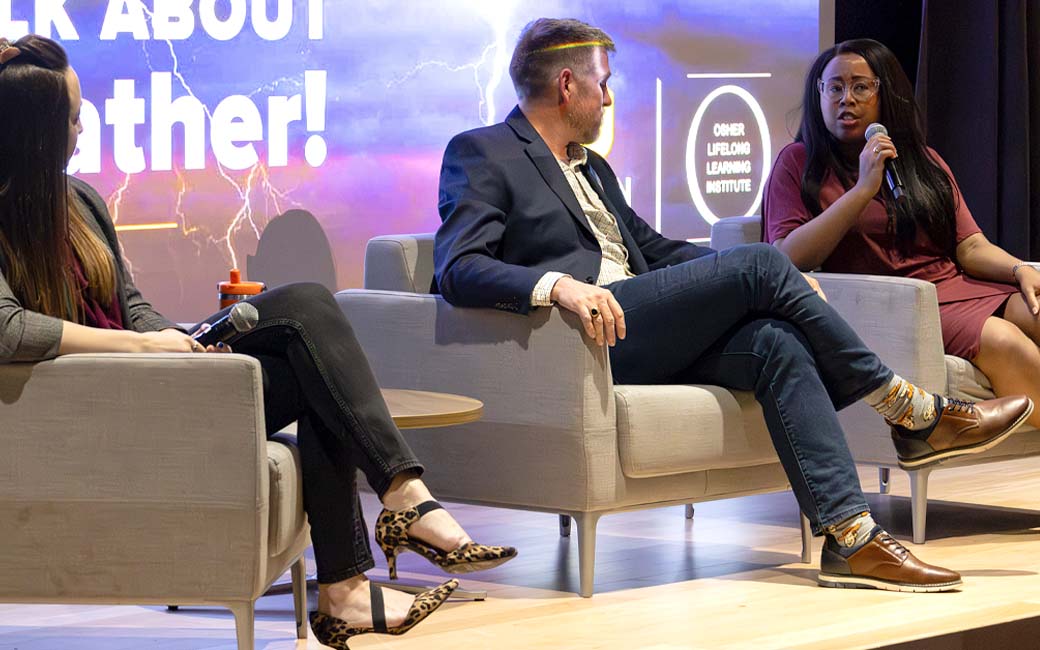
SPARK Evening Programming
SPARK—an evening program for curious minds that explores fun and intriguing topics in a relaxed environment.
save the date
2026 Spark Evening Program coming soon
Subscribe to our newsletter, News & Notes, to get updates on Osher programming.
Past SPARK Courses
Forensics: The evidence is in
Thursday, October 16, 2025
Are you fascinated by criminal investigations? Have you ever wondered how crimes are solved when there is minimal evidence left behind? Find out what the television shows and podcasts get right (and wrong) about forensic science. Learn about the varied aspects of real-world forensics including the tools and techniques used both locally and abroad. Join Dana Kollmann, Ph.D. to learn more about the intriguing world of forensics.
Let’s talk about the weather!
Monday, April 14, 2025
Extreme heat. Blizzards. Tornadoes. Fires. Hurricanes. Floods. Severe weather is more than just a subject for small talk. Severe weather affects us all. Join local experts to learn about the connection between severe weather, natural hazards, and vulnerability. Find out how emergency management teams work to prepare and help communities in the wake of severe weather. Consider the economic and public health repercussions of severe weather. Finally, learn how you can be better prepared for whatever Mother Nature brings our way.
Haunted History: Maryland’s Witches and Ghosts
Tuesday, October 29, 2024
Maryland has a rich and storied history—and so do its ghosts and witches! Learn about the spookier side of Maryland as we step back into history and hear true tales and folklore from across the state. Find out what Maryland was really like for those accused of witchcraft as Amanda Hughes takes us on a wild ride through Maryland’s witchy past. Meg Fielding will tell us the story behind Marcia Crocker Noyes, the resident ghost living in the Maryland State Medical Society’s building in Baltimore’s Midtown-Belvedere neighborhood. The creepiness continues as Jennifer Liles unwraps the mystique surrounding the funerary sculpture known as Black Aggie.
Making it Up as You Go: The Importance of Improv
Thursday, April 11, 2024
Osher’s SPARK evening programming is back with an edutainment event that promises both levity and learning as the conversation hones in on what makes us laugh and why.
Noted professor of philosophy Steven Gimbel joins Michelle Faulkner-Forson, director of Baltimore Improv Group, to share how improv isn’t just funny, but how improv skills can help everyone in their everyday life. Get insight into the tenets, the philosophy, and the history of improv comedy while also having a good laugh.
Also, enjoy a special performance by TU’s very own improv group—ImprompTU.
Baltimore History—The Emergence of a Modern City
Instructor: Jack Burkert, senior museum educator, Baltimore Museum of Industry
Change has come frequently throughout Baltimore’s history, affecting its people and their lives and work. At no time was change more dynamic than in the hundred-fifty-year period that first made Baltimore an industrial giant. Learn about the rise and fall of industry and the prosperity that came with it. Examine Baltimore from the Industrial Age through its time as a thriving metropolis and reflect on where the city is today. Jack Burkert is a Baltimore native who lectures at Osher and at the Baltimore Museum of Industry, following a long career as an educator and consultant.
The Forensic Sciences—Thinking Outside the Box
Instructor: Dana Kollmann, clinical associate professor of anthropology
Ever wondered how realistic those true crime dramas are when it comes to the forensic crime scene processing? Gain insight into typical real world forensic science principles—and some that are not so typical. Learn how pacemaker data, rubber bands, seed pods, and atmospheric carbon-14 have solved crimes and how forensic science applications impact other disciplines including art, history, and archaeology.
Wonders of the Universe
Instructor: Jennifer Scott, professor of physics and astronomy
From its ancient roots to today’s modern developments including the launch of the James Webb Space Telescope, this course will have you seeing stars—and other astronomical wonders. Topics include: the history of human understanding of the cosmos; the formation and evolution of stars and planets inside and outside the solar system; the structure and properties of galaxies; and the origin of the universe. Students will engage in telescope observing and other hands-on activities, and a visit to TU’s planetarium.
